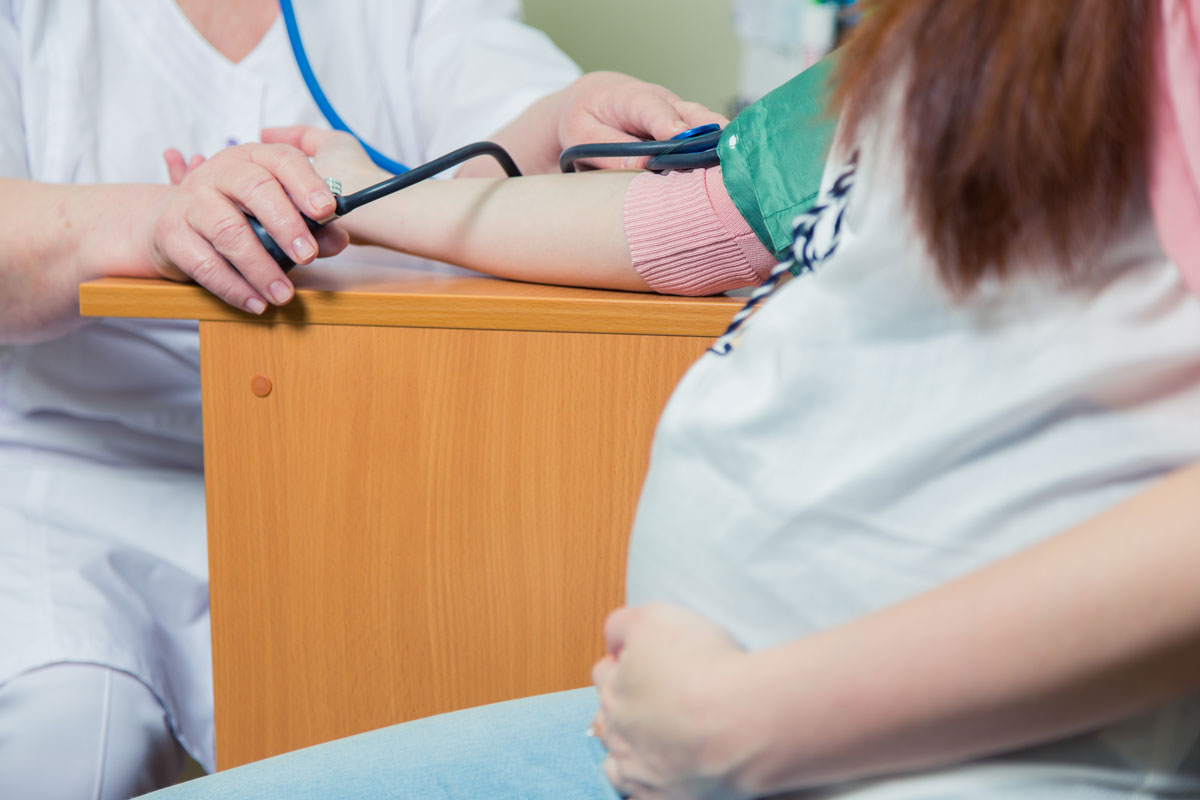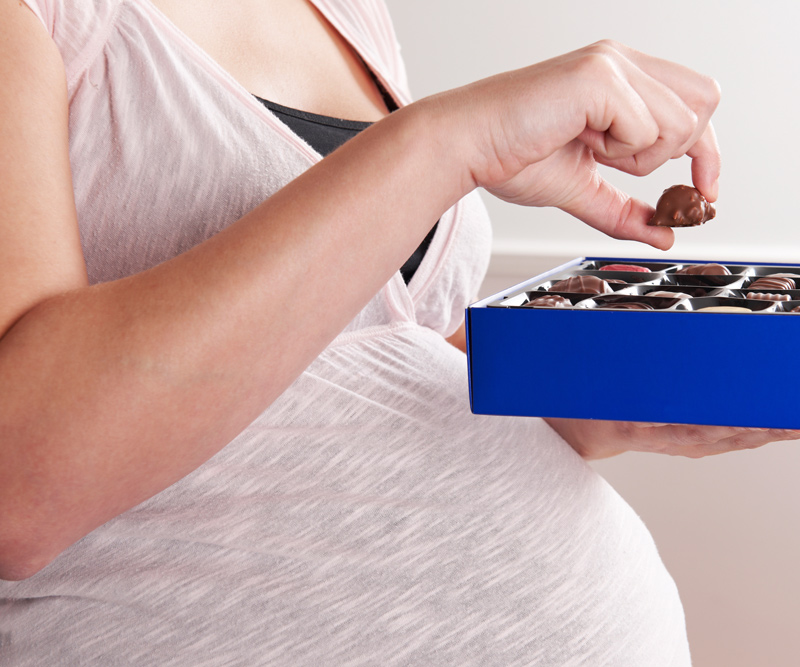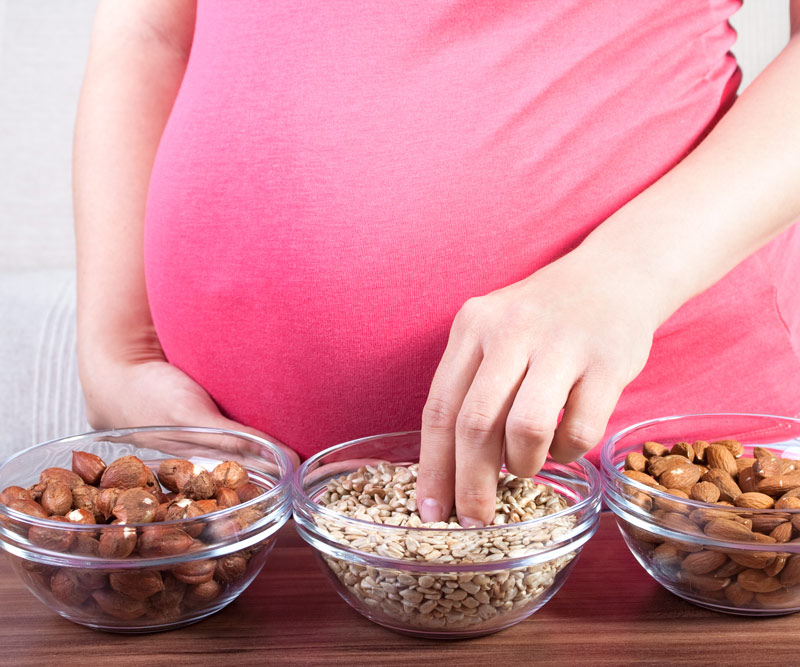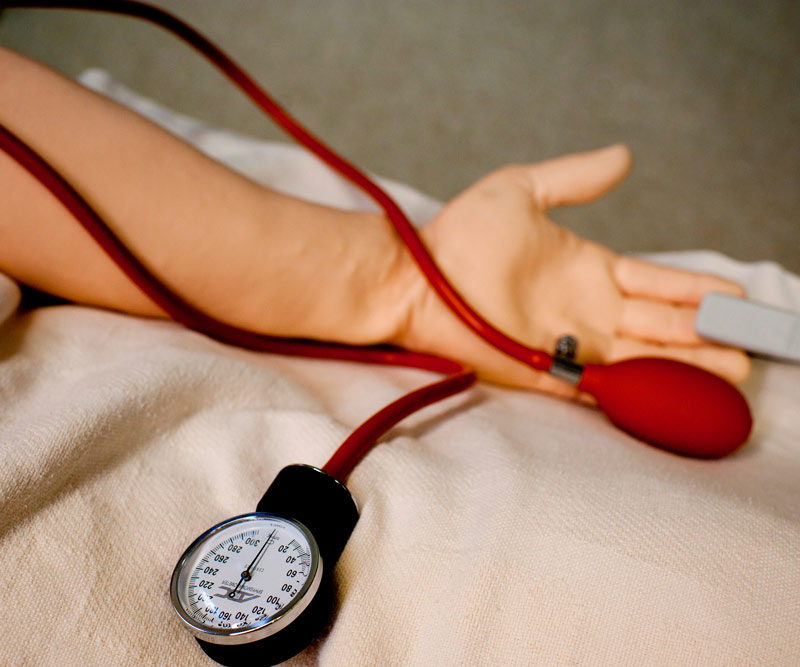
Monitor These Symptoms to Avoid Gestational Hypertension
Pregnancy is a time when your expectations turn to doing what's best for your baby, which is why it’s important for mommies-to-be to be watchful of their blood pressure during this special time.
“High blood pressure causes an increase in the resistance of blood vessels, which can prevent blood flow to the liver, kidneys, brain, uterus and placenta,” says Dr. Robert Mathis, an OB-GYN at Kauai Medical Clinic.
According to Mathis, there are several forms of high blood pressure that can occur in pregnancy:
- Gestational hypertension – Diagnosed when blood pressure readings are higher than 140/90 mm Hg in a woman who had normal blood pressure prior to 20 weeks and has no proteinuria (excess protein in the urine). It occurs in about 6 percent of all pregnancies, often in young women with a first pregnancy.
- Preeclampsia – Diagnosed when a woman with gestational hypertension also has increased protein in her urine or other symptoms such as a low number of platelets, impaired liver or kidney function, fluid in the lungs, severe headaches or visual disturbances.
- Eclampsia – A severe form of preeclampsia. Women with eclampsia have seizures resulting from the condition. Eclampsia occurs in about one in 1,600 pregnancies and develops near the end of pregnancy, in most cases.
“If untreated, severe gestational hypertension can cause dangerous seizures or even death in the mother and fetus. Because of these risks, it may be necessary for the baby to be delivered early, which can lead to other health complications,” Mathis says.
Other problems may develop as a result of gestational hypertension, such as placental abruption (premature detachment of the placenta from the uterus) or fetal problems, including intrauterine growth restriction (poor fetal growth) and stillbirth.
It is important to recognize the warning signs of gestational hypertension early in order to receive appropriate treatment and to prevent complications.
The most common symptoms are:
- Increased blood pressure.
- Edema (swelling).
- Sudden weight gain.
- Visual changes such as blurred or double vision.
- Nausea, vomiting.
- Pain in the upper right abdomen or around the stomach.
- Urinating small amounts.
- Changes in liver or kidney function tests.
The expert staff of the Women and Infants' Health Unit at Wilcox Medical Center are available to support mothers through childbirth education, lactation consultation, labor management and newborn care.
To schedule an appointment or for more information, click here.
Published on: September 9, 2016




